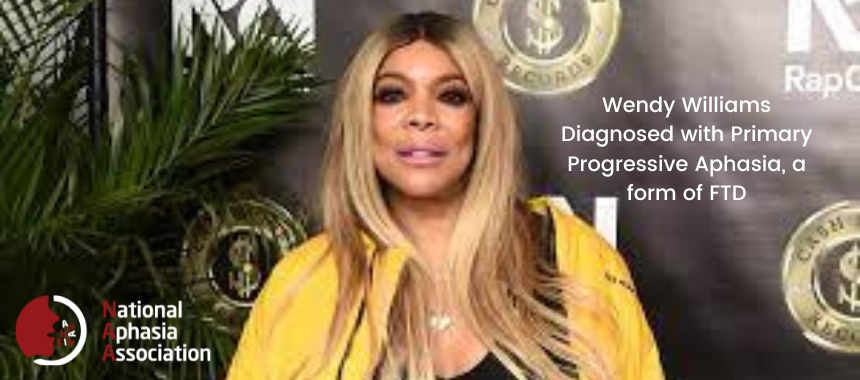October 17, 2016
 Following stroke, many people experience difficulty with social interaction, recreational activities, and even regular daily-life activities. This is often a result of limited physical mobility, mood changes such as experiencing depression, or, for some, dealing with a cognitive impairment. For persons with Aphasia, difficulty speaking or understanding others is a particular challenge. Yet many of our aphasia community members have reported that being engaged in social activities actually helps them overcome some of these challenges and it reduces their feeling of isolation.
Following stroke, many people experience difficulty with social interaction, recreational activities, and even regular daily-life activities. This is often a result of limited physical mobility, mood changes such as experiencing depression, or, for some, dealing with a cognitive impairment. For persons with Aphasia, difficulty speaking or understanding others is a particular challenge. Yet many of our aphasia community members have reported that being engaged in social activities actually helps them overcome some of these challenges and it reduces their feeling of isolation.
A recent study looked into how programs designed to increase social interaction can aid people struggling with the effects of stroke. The study made a formal evaluation of how helpful life-participation programs actually are and based on the results concluded that they can be quite helpful.
Researchers in the study examined how providing a community-based program that offers an opportunity for exercise, leisure, life-long learning, and social interaction, can enhance participation in personal, family, social, and community life.
They found that a novel intervention that aimed to increase social participation after stroke increased the number of hours people engaged in activities outside their homes and was also helpful for improving depression and mobility.
 The program was developed based on research done with stroke patients focus groups who had expressed that they would like to have more opportunities for physical activities, to work on their speech skills, engage in creative activities, learn, and do what they used to do in their daily lives like celebrate birthdays and plan outings. They wanted to be part of an environment where they felt that they belonged.
The program was developed based on research done with stroke patients focus groups who had expressed that they would like to have more opportunities for physical activities, to work on their speech skills, engage in creative activities, learn, and do what they used to do in their daily lives like celebrate birthdays and plan outings. They wanted to be part of an environment where they felt that they belonged.
The present study program was designed to reflect these preferences and concerns and was called “Getting on With the Rest of Your Life: Mission Possible.” It was conducted in groups that met twice a week for approximately 3 hours each time. The total duration of the program was 3 months.
Evaluating the success of the program
The main measurement of how successful the program was counted the hours spent in meaningful activity outside of the home excluding the hours spent at the study program. A second measurement was the extent to which an individual was able to accomplish common activities in and outside of the house. Researchers also looked at how additional factors such as physical capability and mood changed in the course of the study.
 The study found that after 12 months of participation in the program (and at a subsequent follow up at 15 months) almost one in every two of the stroke participants (45%) increased the number of hours spent per week in meaningful activity outside the home by 3 hours and almost over one in three (39%) increased four to five hours. The strongest effects were seen at 12 and 15 months from the beginning of the program, indicating that life participation programs take time to produce effects.
The study found that after 12 months of participation in the program (and at a subsequent follow up at 15 months) almost one in every two of the stroke participants (45%) increased the number of hours spent per week in meaningful activity outside the home by 3 hours and almost over one in three (39%) increased four to five hours. The strongest effects were seen at 12 and 15 months from the beginning of the program, indicating that life participation programs take time to produce effects.
The extent to which individuals in the study were able to accomplish common activities in and outside of the house showed linear increase with time. There were also favorable changes in reports measuring depression, apathy and gait speed.
What’s next
The study was initiated in part due to the recognition that strong evidence to support the benefits of such programs could attract sustainable infrastructure from the community, government, private, and charitable sources. The authors wrote:
“The next challenge in stroke recovery is to ensure that these types of programs are available to the stroke population. This will require concerted action between policy makers responsible for health programs and local community organizations who would host this type of program.
The authors of the study hope that if such intervention programs become successful and available, stroke patients can eventually gain the ability to continue their social involvement in community program designed for all citizens.



